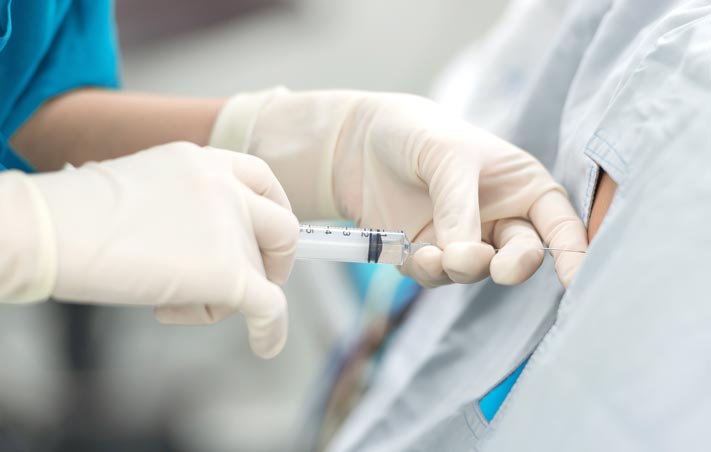Patient Education
Get Answers to Your Questions About Anesthesia
Even though general anesthesia and other types of anesthesia are considered quite safe, it is certainly common that patients may have some anxiety about the process. At Anesthesia Associates of Rock Hill, we understand your concerns. Our anesthesiologists, CRNAs, CAAs, RNs, and office staff will take the time to answer your questions and ease your fears. Here are some answers to the questions our patients ask most.

What will happen before my surgery?
You’ll meet with your anesthesiologist and anesthetist before your surgery. They’ll ask about your medical history and the types of medicines you’re taking, among other things. A brief physical exam may be performed, and our staff will discuss with you different anesthesia options.
What should I expect after surgery?
During your recovery, you’ll be monitored by medical staff. While there are certain benchmarks they’ll watch for, the entire process of recovering from anesthesia varies from one patient to the next. Many patients will be scheduled discharged home while others will leave the recovery room for their hospital room.
Sleepiness, sore throats, nausea, and vomiting are frequent side effects of anesthesia. Consult with your doctor if any symptoms seem out of the ordinary.
Do I have to fast before anesthesia is administered?
Yes. Please follow all guidelines given to you by your anesthesiologist. Generally speaking, you should not have any food or drink after midnight on the day of your procedure. If you have been instructed to take any of your oral medications, please take them with only a sip of water.
What medications should I take or not take before my procedure?
Make sure your anesthesiologist knows about any medications you’re taking, including both prescription and over-the-counter drugs. Your doctor will let you know what to do after reviewing your files. For most patients, heart and blood pressure medicines may be taken the day of the surgery. Vitamins, supplements, and diet pills should not be taken within the two weeks before your procedure.

What about smoking?
If you’re a smoker, we ask that you stop at least a full day prior to your surgery. It is recommended that all smoking be stopped six to eight weeks before the surgical date. If you would like access to educational materials to quit smoking, please let us know.
What does my anesthesia team need to know?
You will complete a medical questionnaire before you come in for surgery. Of particular interest will be detailed information about your heart or any cardiologist visits, prior difficulties with anesthesia, dental concerns and other major medical problems.
What about epidurals for labor and delivery?
Labor epidurals are a great way to help manage labor pain. Although there are no hard and fast rules about when to place a labor epidural, remember that epidurals take time to place and additional time to ramp up to full effect. Given these realities, and the somewhat unpredictable nature of labor, many women find it helpful to get an epidural earlier in labor. Your anesthesiologist can discuss with you specifics about placement of epidural and what to expect.
My child needs anesthesia. Should I be worried?
Anesthesia has traditionally been considered quite safe, even for children. However, since a child’s brain is still developing, there are some concerns about the interaction with surgery, anesthesia and a young brain. Lengthy or multiple procedures have been identified by the Food and Drug Administration (FDA) as a potential area of concern. To learn more, review the FDA’s safety announcement for pediatric anesthesia or speak with your anesthesiologist.
For More Information
Contact Anesthesia Associates of Rock Hill
